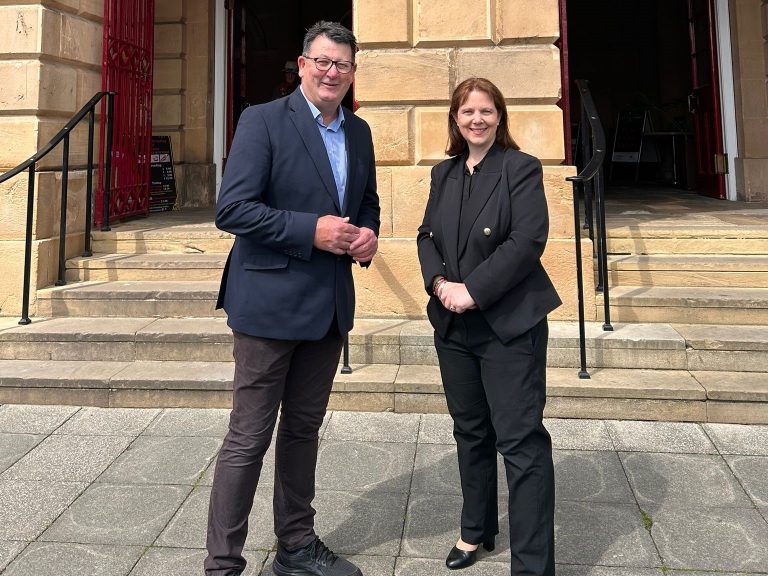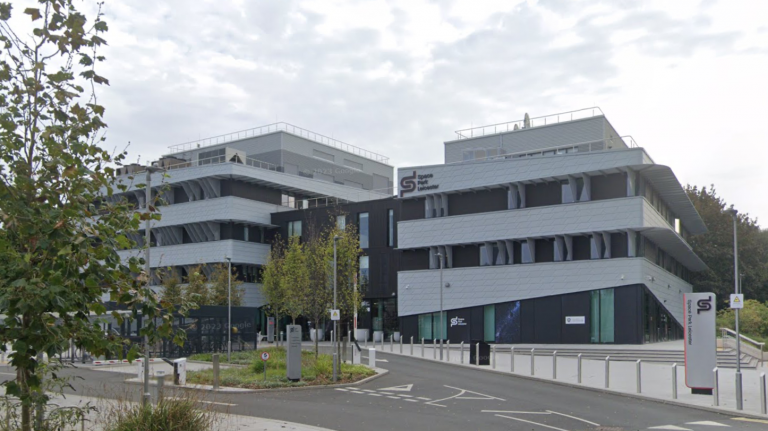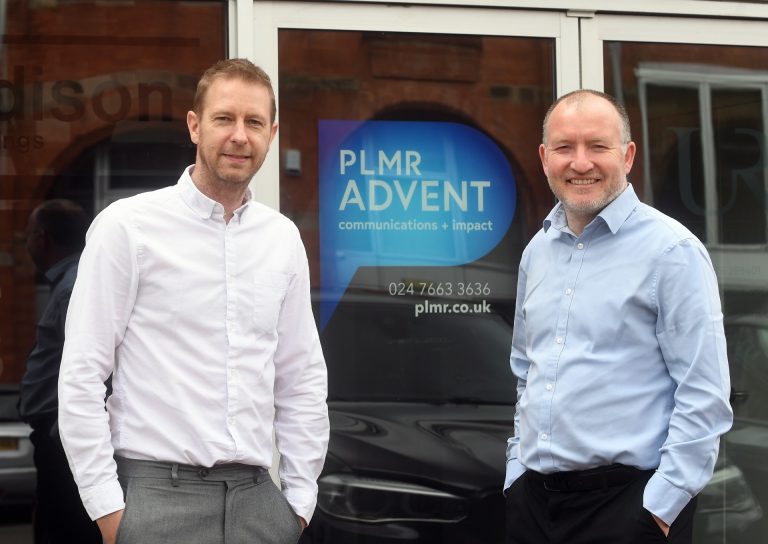Poor mental health costs employers £51bn a year
Nottingham’s Phenna Group makes third Australian deal of 2024
Nottingham-headquartered Phenna Group, which invests in and partners with selected niche, independent Testing, Inspection, Certification and Compliance (TICC) companies that serve a variety of sectors, has acquired Resolve Group.
The acquisition is Phenna Group’s third deal in Australia this year and continues its strong growth in the region, whilst augmenting the firm’s Built Environment platform across the country.
Resolve Group is a building surveyor consultancy with capability in the construction, property and mining sectors.
Founded in 2011 by Scott Roberts and Kieran Hunt, they have built a reputation providing building code consultancy and certification services to a diverse mix of public and private sector clients, working on a number of iconic projects.
Scott Roberts and Kieran Hunt, Resolve Group Directors, said: “We are very excited to be joining Phenna Group. Making a decision like this after many successful years was a big step in the evolution of our business to ensure its ongoing growth and success.
“From our first engagement with Phenna Group it was clear that their business model and their team was the right fit for our business.”
Brett Coleman, Divisional MD, Australia said: “I am very excited to welcome Scott, Kieran and their team to Phenna Group. Since 2011 they have built a very successful business with an excellent reputation for customer service and technical capability.
“I look forward to working with them to continue their growth, and to realise the significant opportunities that exist as part of the Phenna Group in Australia.”
Paul Barry, Executive Chairman & Founder of Phenna Group, added: “I am delighted to welcome Scott, Kieran and their team to Phenna Group. The addition of Resolve Group and their experience and capability supports our fast-growing certification and compliance operations in Australia.
“I look forward to working with Brett, and the Resolve Group team to continue their exciting journey.”
Phenna Group were advised by Macpherson Kelley and Pitchers Partners. Resolve Group were advised by Red Swan Partners, RSM and Holding Redlich.
New appointment for LCS IT Solutions
LCS IT Solutions Ltd are thrilled to welcome Matthew to our Support Team. He brings with him a wealth of experience after spending 20 years at a well known agricultural firm in Lincolnshire. Matthew has a strong knowledge base in all Microsoft systems as well as physical and virtual server infrastructures European wide.
Here at LCS, we now have a Team of 10 who are all dedicated to providing an honest, friendly and professionaI service to meet our clients’ specific needs.
LCS IT Solutions Ltd’s aim is to be Lincolnshire’s most trusted IT advisors, implementation and supporting solutions which are effective, secure and effortless to use.
Accountancy firms join forces
Loughborough University to help make manufacturing more eco-friendly
Loughborough University’s role in a national partnership will develop tools and technologies to help manufacturers across the UK become more efficient and eco-friendly.
Mayor sets out vision for high streets and visitor economy in Newark
Research and technology organisation joins Space Park Leicester
£1.4m grant awarded to revamp Newark Castle Gatehouse
Businesses prioritising retention of talent following Covid, finds employment survey
Over four out of five businesses across the UK are still struggling to recruit people in 2024 following the Covid-19 pandemic four years ago. A total of 81 per cent of employers revealed the main reason being a lack of candidates with the right skillset.
Hybrid working is also being considered as challenging with HR teams finding people don’t want to return to the office for a variety of reasons, including a number reporting that a factor is anxiety of having to be separated from their pets.
The research, compiled by the employment team at national law firm Freeths, analysed a variety of sectors and found that the main HR priorities for 2024 are retention of employees, health and wellbeing, diversity and inclusion and motivation, engagement, and performance management.
Amongst this:
- The most common top HR priority for 2024 is employee retention
- The most popular reason given for resistance experienced in getting staff to return to the office was that it meant a poorer work life balance.
- Over 35% of respondents reported that a reason given to them for not wanting to return to work in the office was fear of being separated from their pets
- Whereas only 20% of these surveyed cited family separation as a reason given for not returning to the office
- Only a mere 11% of respondents said that they would trust AI tools to recruit the best candidates, and only 19% said that they had a good understanding of artificial intelligence HR tools available.
- 43% of employers said that they would trust AI tools to support employee learning and development.
Rena Magdani, Partner and National Head of Employment at Freeths, said: “Our survey has provided valuable insights into how businesses are coping with the past and looking to the future. Employers are still experiencing the impact of the covid pandemic with challenges in recruitment and finding working arrangements that suit all parties.
“Looking ahead, there seems to be a low level of trust in AI, perhaps linked to the lack of knowledge of the available tools. It will be interesting to see the extent to which attitudes towards AI will change during this year.”












